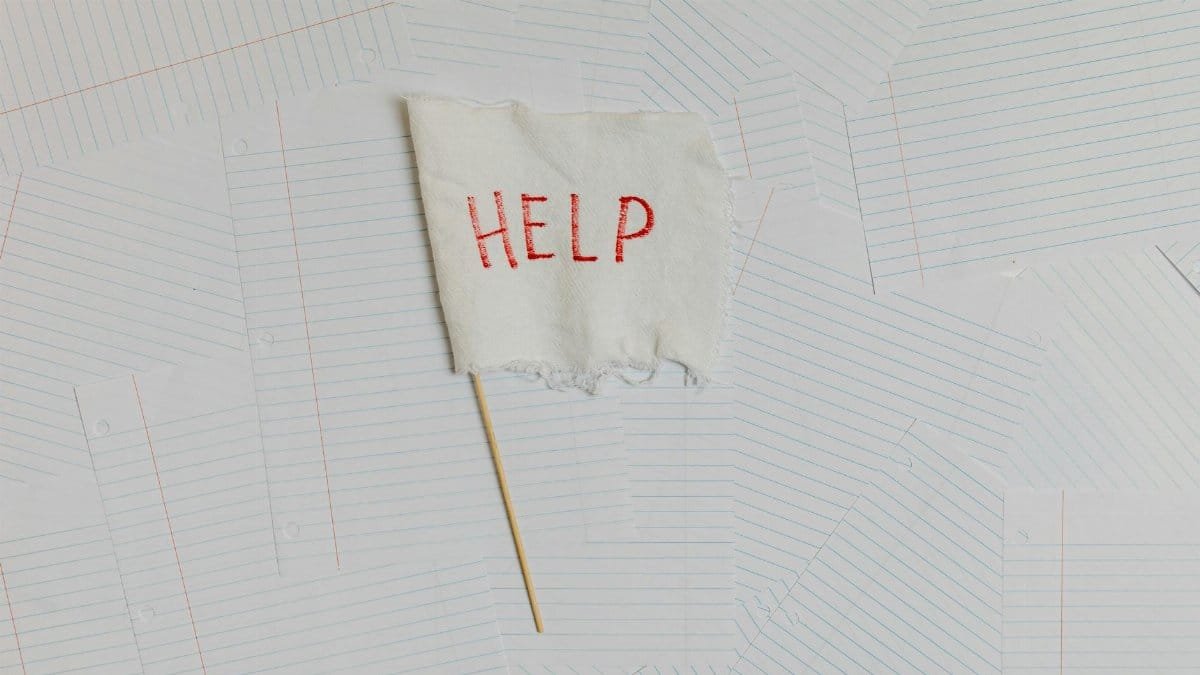Is mind-body healing the answer to the relentless grind of productivity culture? In a world obsessed with hustle, burnout is at an all-time high, leaving many feeling empty and disconnected. Mind-body healing, a practice that integrates mental and physical wellness, is gaining traction as a way to reclaim balance. It’s not just a trend—it’s a response to a society that prioritizes output over well-being. As stress-related illnesses spike, more Americans are turning to this holistic approach to mend what endless to-do lists have broken.
What Is Mind-Body Healing?

At its core, mind-body healing refers to techniques that bridge mental and physical health, such as meditation, yoga, and breathwork. The idea is simple: your thoughts and emotions directly impact your body, and vice versa. By addressing both, you can reduce stress, ease chronic pain, and improve overall health. Research from institutions like Harvard Medical School supports this, showing how mindfulness practices can lower cortisol levels, the stress hormone wreaking havoc on our systems. It’s about working with your whole self, not just one part.
Why Productivity Culture Hurts

Productivity culture glorifies overwork, pushing people to equate self-worth with output. The result? Skyrocketing anxiety, insomnia, and even heart issues. The American Psychological Association reports that workplace stress costs the U.S. economy over $500 billion annually in lost productivity and healthcare. Constant pressure to perform ignores the body’s need for rest and the mind’s need for peace, creating a vicious cycle of exhaustion that no amount of coffee can fix.
How Mind-Body Healing Fights Back

Mind-body healing offers a counterattack by prioritizing restoration over relentless achievement. Techniques like guided imagery or tai chi help rewire the brain’s stress response, fostering calm instead of chaos. Studies from the National Institutes of Health show that regular mindfulness practice can reduce symptoms of anxiety and depression by up to 30%. It’s not about abandoning goals but rethinking how we chase them—putting health first so we can sustain the journey.
Real Impact on Real Lives

Take Jenna, a 34-year-old marketing exec from Chicago. After years of 80-hour workweeks, she hit a wall—migraines, panic attacks, the works. Turning to mind-body healing through yoga and journaling, she noticed a shift within months. “I’m not just surviving anymore; I’m present,” she says. Her story echoes countless others who’ve found relief from productivity’s toll by reconnecting with themselves, proving small changes can yield big results.
Getting Started Without Overwhelm

You don’t need to overhaul your life to tap into mind-body healing. Start small with five minutes of deep breathing daily or a short walk while focusing on your senses. Apps and local classes can guide you, but consistency matters more than intensity. The Mayo Clinic, a trusted health resource, offers practical tips and evidence on how even brief mindfulness exercises can improve mental clarity and physical resilience. Check their resources at Mayo Clinic.
Challenging the Hustle Mindset

Adopting mind-body practices means questioning the hustle-at-all-costs mindset. It’s a cultural shift as much as a personal one. When companies push endless productivity, they often ignore employee well-being, but individuals can set boundaries. Saying no to overtime or carving out time for self-care isn’t weakness—it’s survival. Resources from the National Institute of Mental Health highlight how stress management directly boosts long-term productivity, ironically. Learn more at NIMH.
A Sustainable Path Forward

The grind of productivity culture won’t disappear overnight, but mind-body healing provides a way to navigate it without losing yourself. In 2025, expect more workplaces to integrate wellness programs as burnout becomes impossible to ignore. For now, it’s up to individuals to prioritize their spirit over society’s demands. Healing isn’t a luxury—it’s a necessity. By starting with small, intentional steps, anyone can begin to repair the damage done by a world that never stops pushing.
